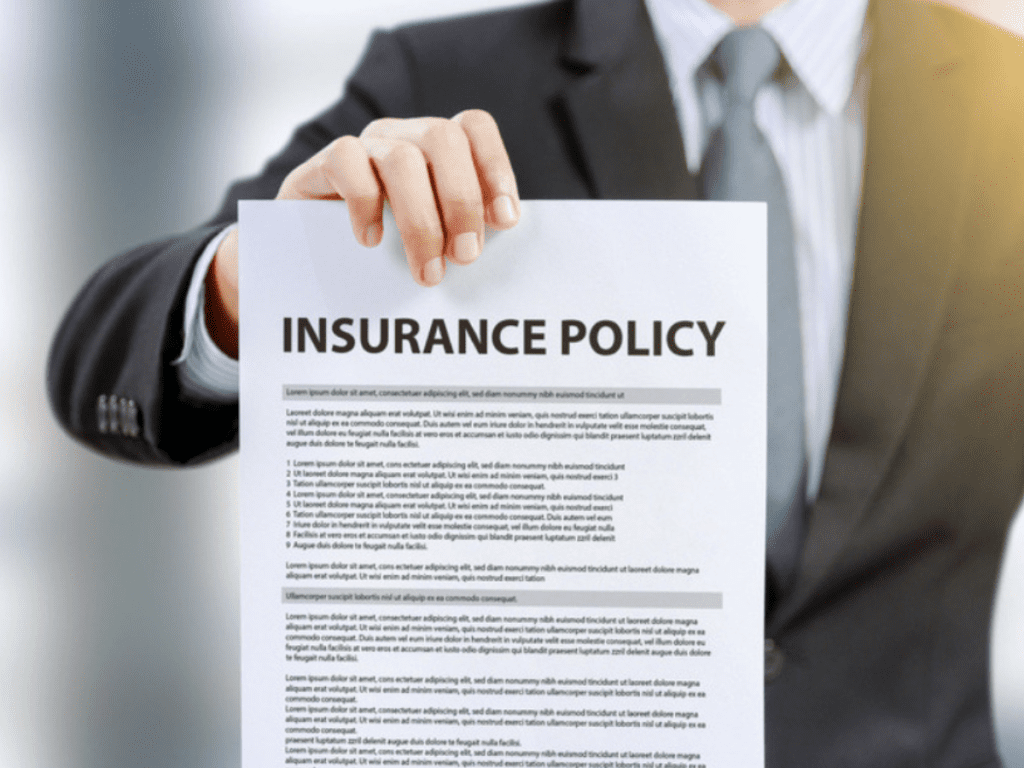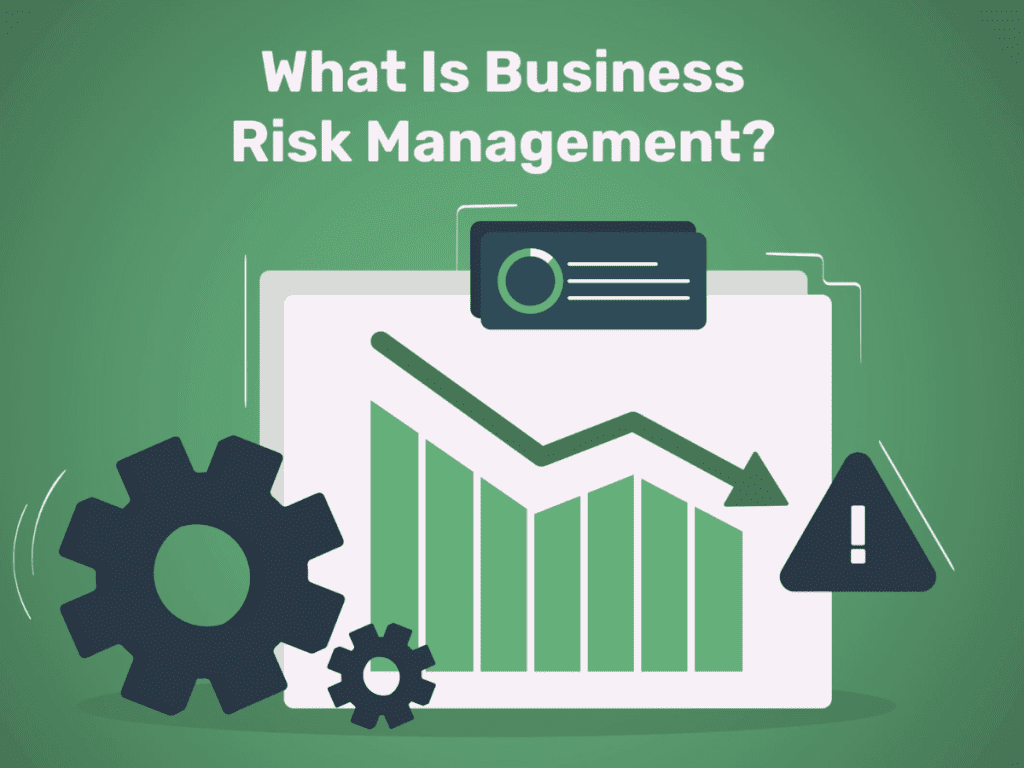Running a business comes with risks, and having the right insurance is crucial for protecting your company from unexpected events that could jeopardize its operations or financial stability. From safeguarding your assets to ensuring legal compliance, insurance is an essential component of a robust business strategy. But with so many types of insurance available, how do you determine what your business truly needs?
This guide will explore the most important types of insurance for businesses and help you assess which ones are essential for your specific situation.
Why Business Insurance Matters
Business insurance provides financial protection against a variety of risks, such as property damage, lawsuits, employee injuries, and natural disasters. It can:
- Protect Assets: Covers damage or loss of physical assets like buildings, equipment, or inventory.
- Mitigate Legal Risks: Helps cover legal fees, settlements, or judgments if your business is sued.
- Ensure Continuity: Provides funds to recover from disasters or interruptions in operations.
- Meet Legal Requirements: Certain types of insurance, like workers’ compensation, are mandatory in many jurisdictions.
- Attract Clients and Investors: Having the right insurance can enhance your credibility and reassure stakeholders.
Essential Types of Business Insurance
The type of insurance your business needs depends on its size, industry, location, and specific risks. Here are the key types to consider:
1. General Liability Insurance
What It Covers:
- Bodily injury or property damage caused by your business operations, products, or services.
- Legal fees and settlements for claims of negligence.
Who Needs It:
- Almost every business, regardless of size or industry.
Why It’s Important:
- Protects against common risks, such as a customer slipping and falling on your premises.
2. Property Insurance
What It Covers:
- Physical assets, including buildings, equipment, inventory, and furniture, against risks like fire, theft, or vandalism.
Who Needs It:
- Businesses with physical locations or significant assets.
Why It’s Important:
- Ensures you can repair or replace damaged property quickly, minimizing downtime.
3. Business Interruption Insurance
What It Covers:
- Loss of income due to events that disrupt normal business operations, such as natural disasters.
Who Needs It:
- Businesses in areas prone to natural disasters or those heavily reliant on physical locations.
Why It’s Important:
- Provides financial support to cover expenses like rent, payroll, and utilities during downtime.
4. Workers’ Compensation Insurance
What It Covers:
- Medical expenses and lost wages for employees injured on the job.
Who Needs It:
- Legally required for businesses with employees in most states.
Why It’s Important:
- Ensures compliance with labor laws and protects your business from employee lawsuits.
5. Professional Liability Insurance
What It Covers:
- Claims of negligence, errors, or omissions in professional services.
Who Needs It:
- Businesses providing professional advice or services, such as consultants, accountants, and lawyers.
Why It’s Important:
- Protects against costly lawsuits that could arise from mistakes or perceived failures.
6. Product Liability Insurance
What It Covers:
- Claims of injury or damage caused by defective or harmful products.
Who Needs It:
- Businesses that manufacture, distribute, or sell physical products.
Why It’s Important:
- Reduces the financial impact of product-related lawsuits.
7. Cyber Liability Insurance
What It Covers:
- Losses related to data breaches, cyberattacks, or other online threats.
Who Needs It:
- Any business handling sensitive customer information or relying on digital operations.
Why It’s Important:
- Protects against the rising threat of cybercrime and helps with recovery costs, such as notifying affected customers and restoring systems.
8. Commercial Auto Insurance
What It Covers:
- Vehicles used for business purposes, including liability and physical damage.
Who Needs It:
- Businesses with company-owned vehicles or employees driving for work.
Why It’s Important:
- Covers accidents involving business vehicles, protecting your company from significant financial losses.
9. Directors and Officers (D&O) Insurance
What It Covers:
- Legal fees and damages if directors or officers are sued for decisions made on behalf of the company.
Who Needs It:
- Businesses with a board of directors or key executives.
Why It’s Important:
- Helps attract top talent by providing personal liability protection for leadership roles.
10. Health Insurance for Employees
What It Covers:
- Medical expenses for employees as part of a benefits package.
Who Needs It:
- Businesses with full-time employees; required under the Affordable Care Act (ACA) for companies with 50 or more employees.
Why It’s Important:
- Attracts and retains talent while meeting legal obligations.
Factors to Consider When Choosing Business Insurance
Selecting the right insurance involves assessing your specific risks and business operations. Consider the following:
- Industry Requirements:
- Some industries, such as healthcare or construction, have unique insurance needs.
- Legal Obligations:
- Research local, state, and federal laws to ensure compliance.
- Business Size:
- Small businesses may need only basic coverage, while larger companies require comprehensive policies.
- Financial Resources:
- Choose coverage that fits your budget while providing adequate protection.
- Risk Assessment:
- Identify potential risks, such as natural disasters, lawsuits, or cyberattacks, to prioritize coverage.
Common Mistakes to Avoid
- Underinsuring:
- Opting for minimal coverage to save money can leave your business vulnerable to significant losses.
- Overlooking Specific Risks:
- Failing to address unique risks, such as cyber threats or professional liability, can result in gaps in protection.
- Not Reviewing Policies Regularly:
- Business needs change over time; update your coverage to reflect new risks or growth.
- Assuming Personal Insurance is Enough:
- Personal policies rarely cover business-related activities or assets.
Tips for Maximizing Your Insurance Coverage
- Work with an Insurance Broker:
- Brokers can provide tailored recommendations and help you find the best policies for your needs.
- Bundle Policies:
- Combining multiple types of coverage with one insurer can lead to discounts and simplified management.
- Regularly Assess Risks:
- Conduct annual risk assessments to identify changes in your business operations or environment.
- Educate Employees:
- Train employees on safety protocols and cybersecurity to reduce risks and claim frequency.
Conclusion
Choosing the right insurance for your business is not just about meeting legal requirements—it’s about safeguarding your livelihood and ensuring long-term success. By understanding your risks and evaluating the various types of coverage available, you can create a comprehensive insurance strategy that protects your business, employees, and assets.
Take the time to assess your needs, consult with professionals, and invest in the right policies to secure your business against life’s uncertainties. With the proper insurance in place, you can focus on growth and innovation with confidence.

